On December 6, 2024, the first-ever Portuguese Ocean Literacy Conference gathered over 220 attendees in a vibrant in-person event hosted by Ciência Viva. The conference, part of the BlueLightS experimentation, brought together educators, researchers, NGOs, companies, and public institutions to exchange knowledge, celebrate success stories, and discuss the future of ocean literacy in Portugal.
With contributions from 12 presenters and a wealth of grassroots projects, the event highlighted the transformative power of ocean education. Below are the key takeaways:
💪Ocean Literacy Is Emotional, Transformative, and Empowering
The event underscored that ocean literacy is not just about knowledge — it is about connection. Projects like KidsDive, Zói – Missão Possível, and Juntos Sabemos a Mar emphasized sensory experiences, such as diving or storytelling, to spark emotional bonds and activate civic engagement. Students were seen not just as learners, but as passionate ocean ambassadors.
🌏Local Roots, Broader Impact
Successful initiatives were grounded in local identity and community collaboration. Whether coastal or inland, projects like Rotas do Oceano and EduCoast built strong engagement by connecting ocean issues with local landscapes and water cycles, reinforcing that the ocean concerns us all.
🧠Cross-Disciplinary Learning Is Essential
From science to the arts, teachers showed that integrating ocean topics across subjects enhances creativity and participation. Visual arts, language classes, and geography became platforms for innovation, especially when urban and rural schools collaborated through exchanges such as Uma Outra Forma de Aprender.
🙋Youth as Leaders, Not Just Learners
Students led projects as creators and communicators. In Projeto 19, they reinterpreted scientific papers for their peers. In Juntos Sabemos a Mar, over 70 student ambassadors drove the program across six schools. Their leadership showcased youth as current, not just future, stewards of the ocean.
🧑🏫Teachers Are the Driving Force — But Need More Support
Teachers often sustained projects through personal dedication and self-training. Yet, many are overwhelmed and under-resourced. Participants called for systemic support — from curricular integration to national training events — to ensure that ocean literacy is not an added burden but an embedded opportunity.
💼Partnerships Build Resilience
The Escola Azul program stood out as a vital platform linking schools to a wider support network. Collaborations with research institutions, NGOs, and local governments allowed access to expertise and resources, making projects more sustainable and scalable.
💻Digital Innovation Opens Doors — If Balanced
Virtual reality, online series, and interactive blogs extended ocean experiences to inland and underserved schools. However, hands-on activities like sea outings and lab visits remained irreplaceable. The best outcomes came from blending tech with tactile, real-world exploration.
🔨Structural Support Is Crucial
Despite their impact, most projects rely on unstable, short-term funding. Participants stressed the need for national strategies, inter-ministerial collaboration, and integration into educational policy to ensure continuity and scale.
❗️Equity and Inclusion Are Central
Ocean literacy proved to be a tool for inclusion, especially for students with special needs or from marginalized communities. Projects like EMA, which offered sailing for students with disabilities, showed how adaptable and empowering marine education can be.
💡Ownership Drives Engagement
Perhaps the most repeated message: let students and teachers co-create the learning process. When schools lead design and implementation, the result is more relevant, engaging, and lasting.
Looking Ahead
The enthusiasm and commitment expressed during the event reflect a growing movement in Portugal for meaningful, inclusive, and impactful ocean literacy. The BlueLightS`Blue Education Platform will continue to support this momentum with new events, exchanges, and resources.
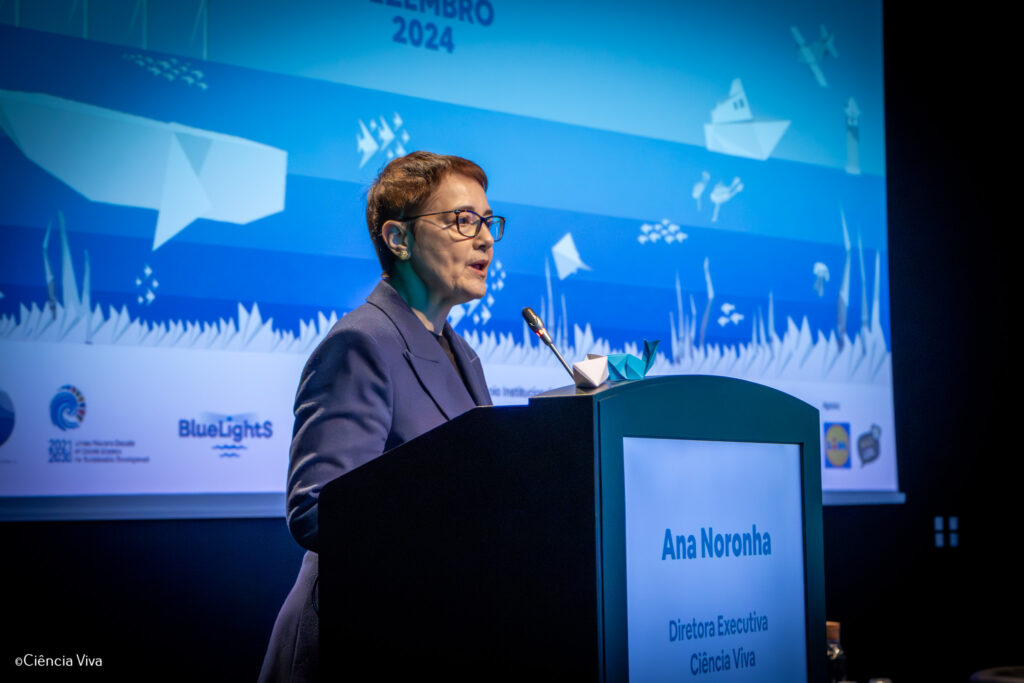
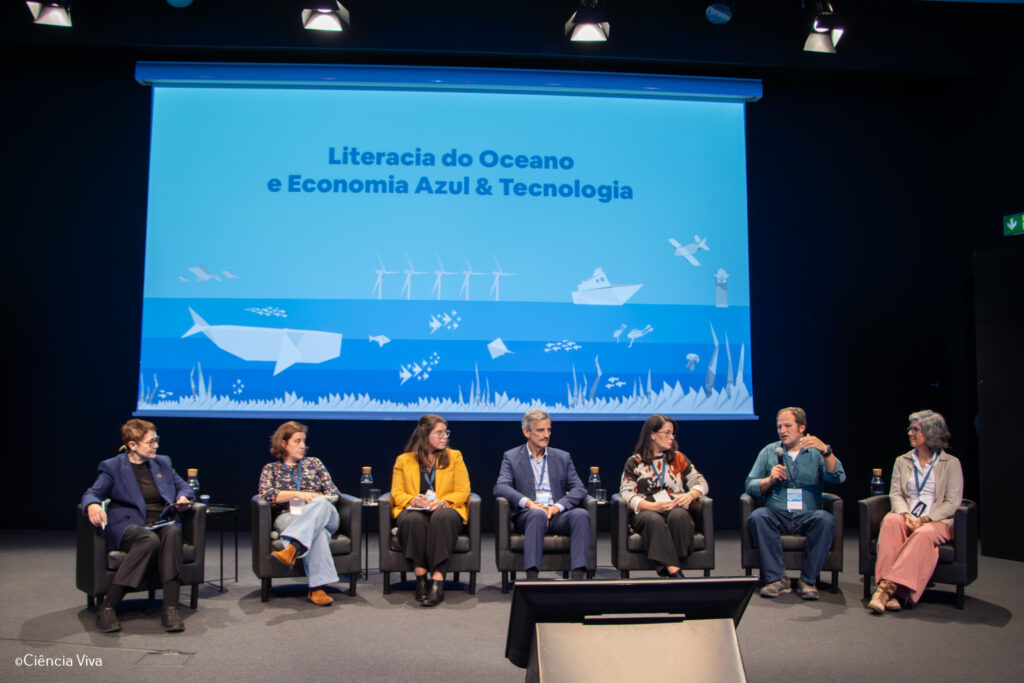
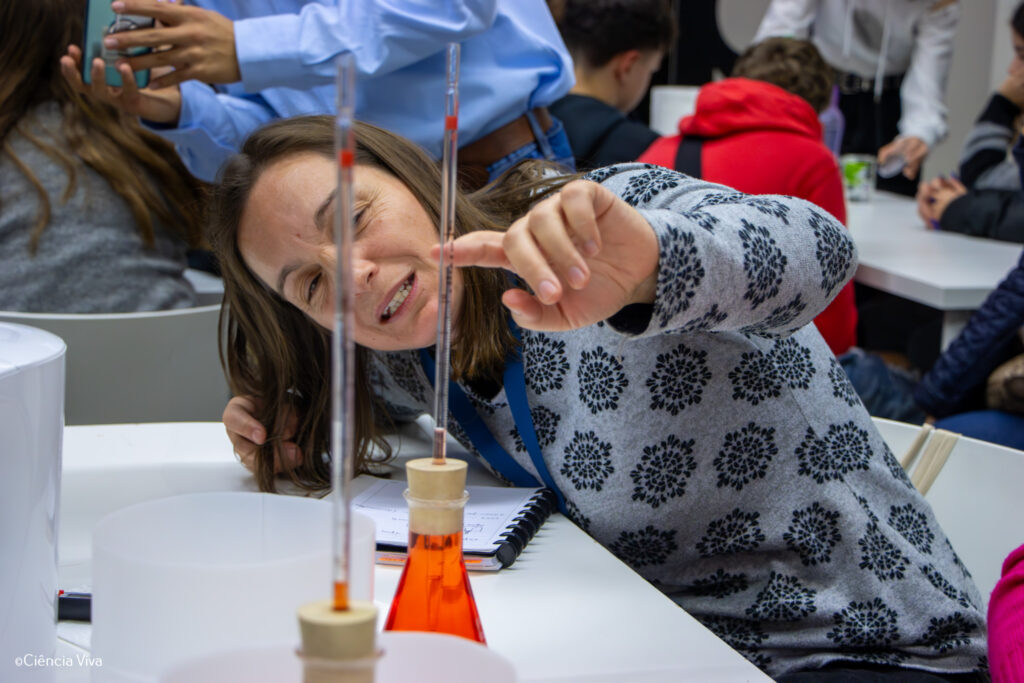
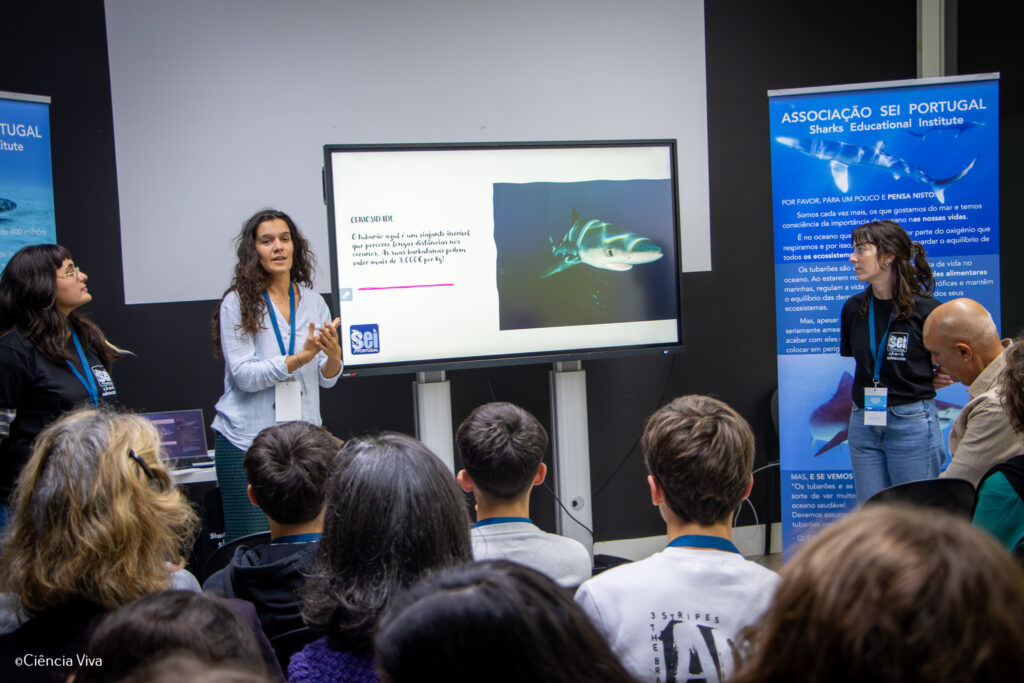
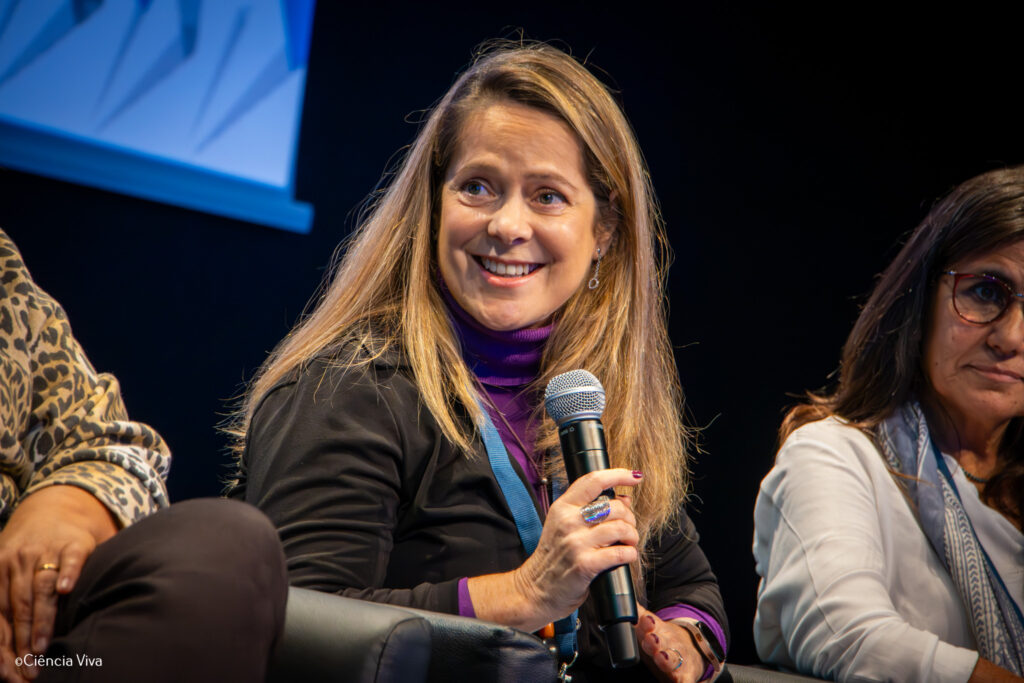
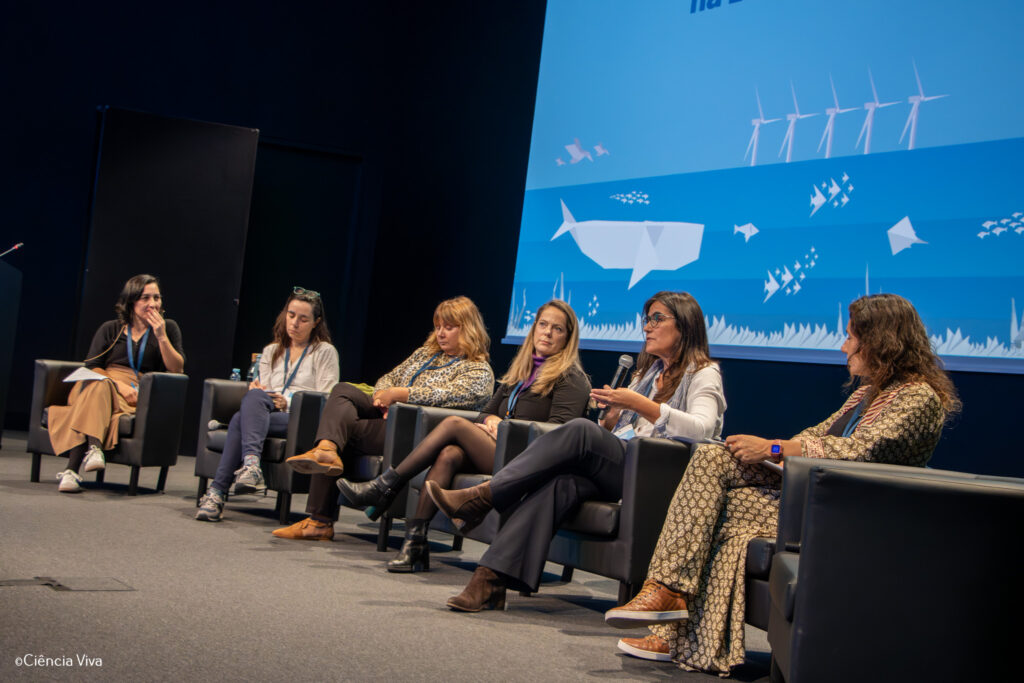
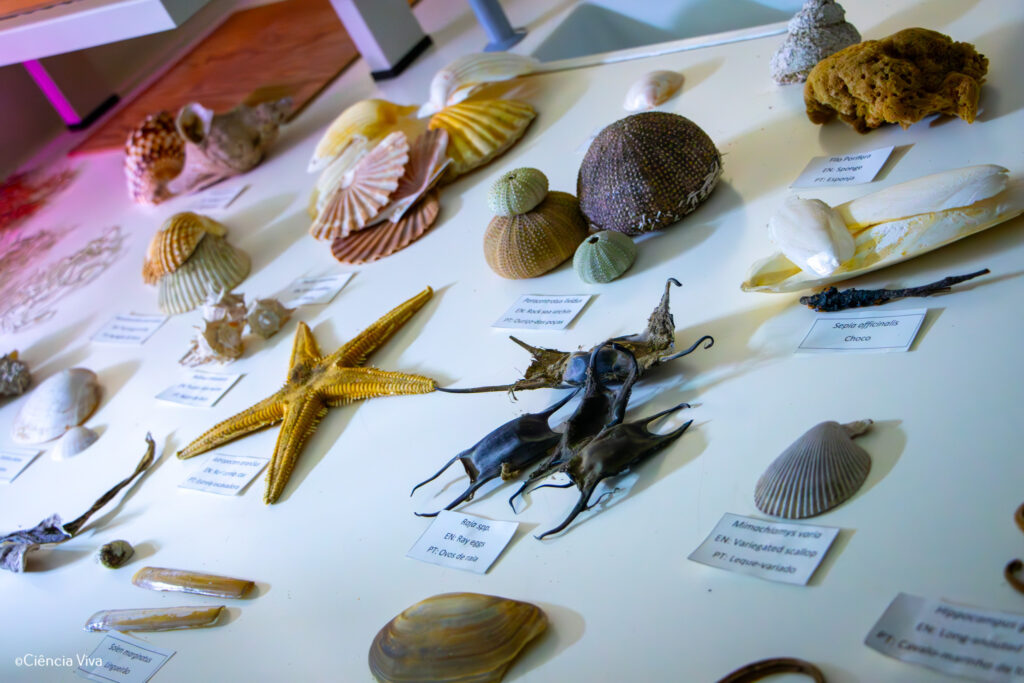
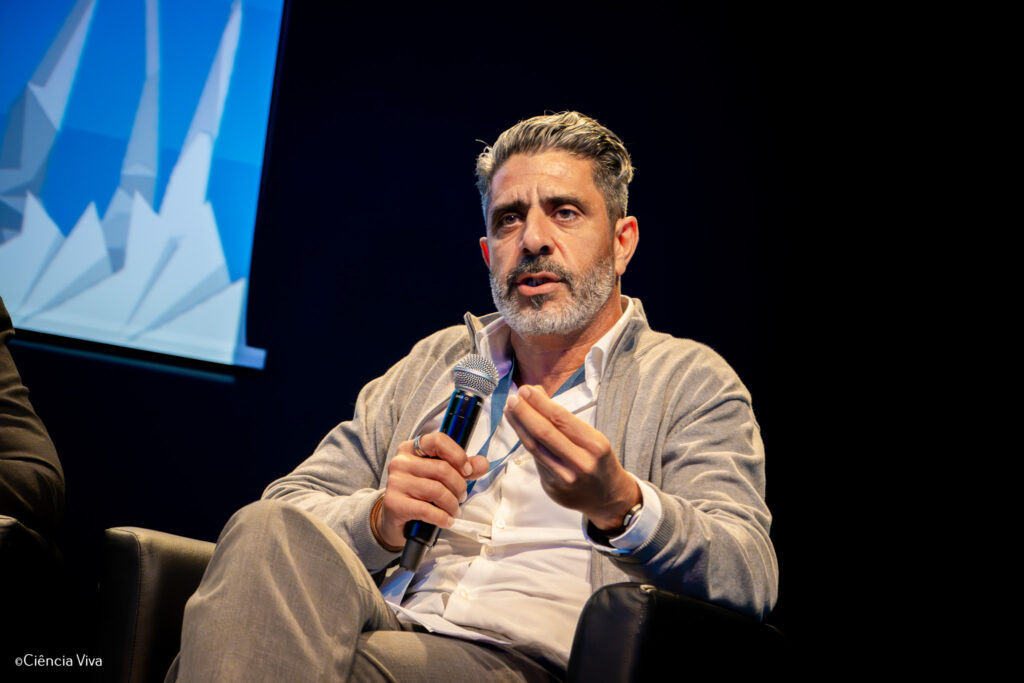
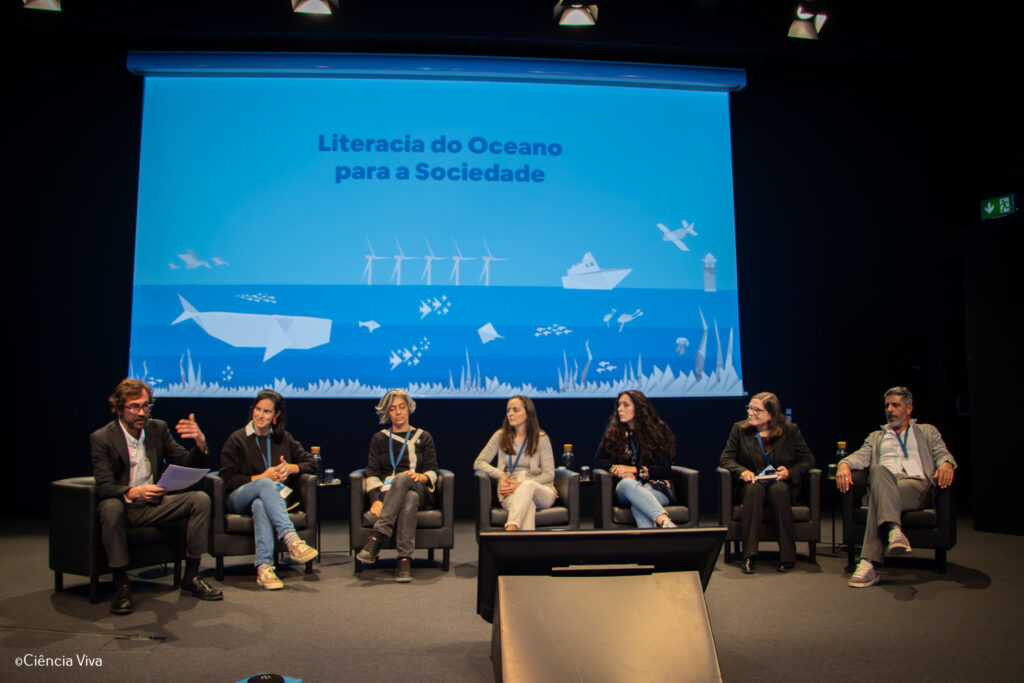
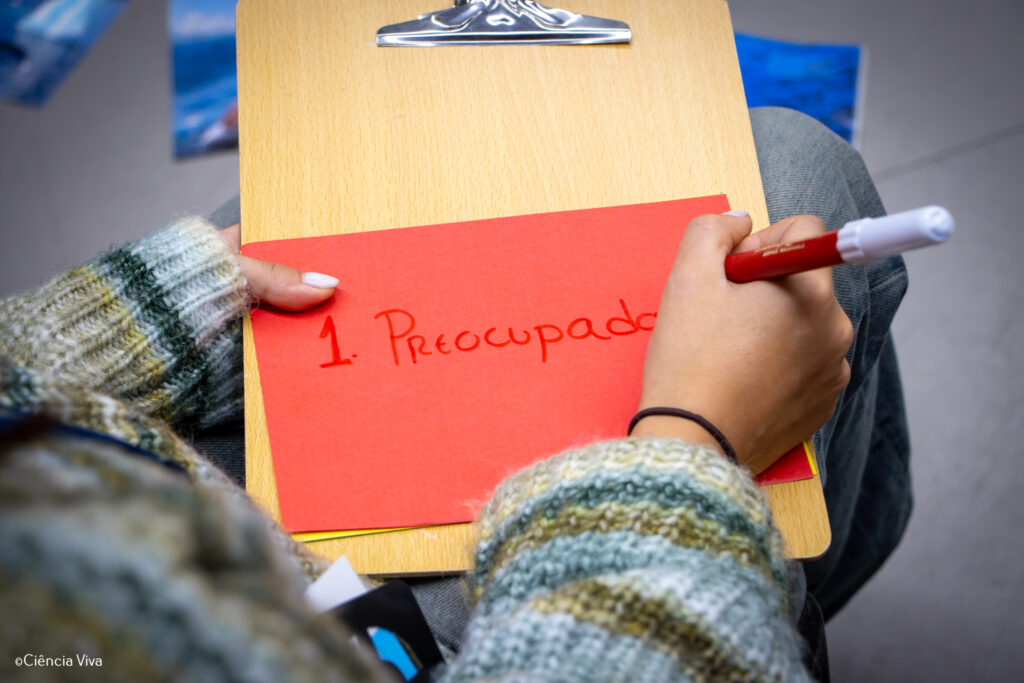
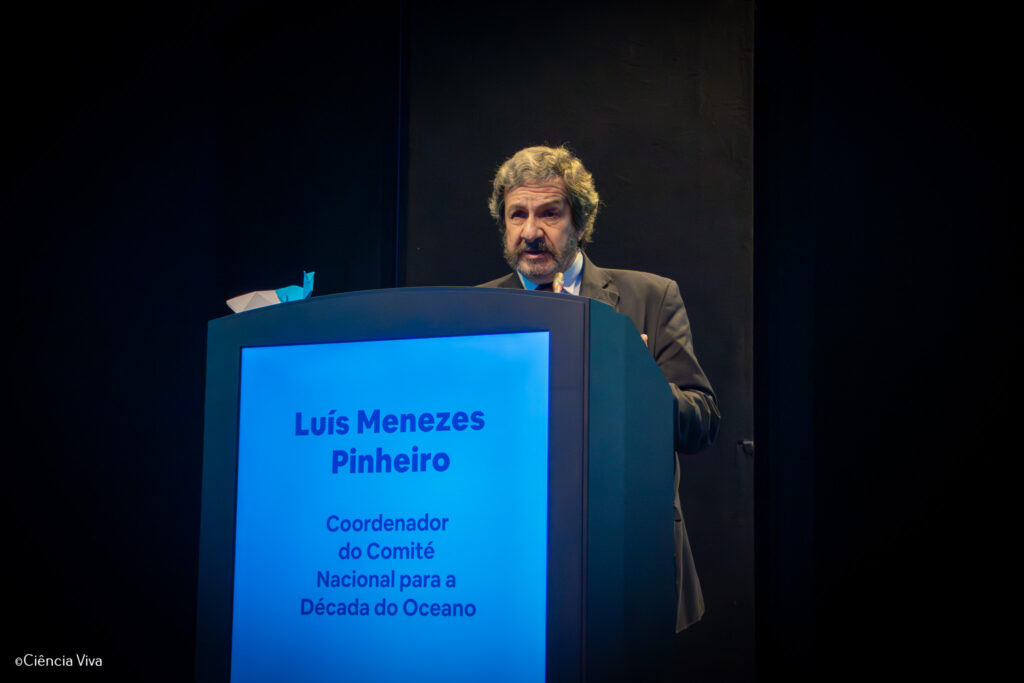
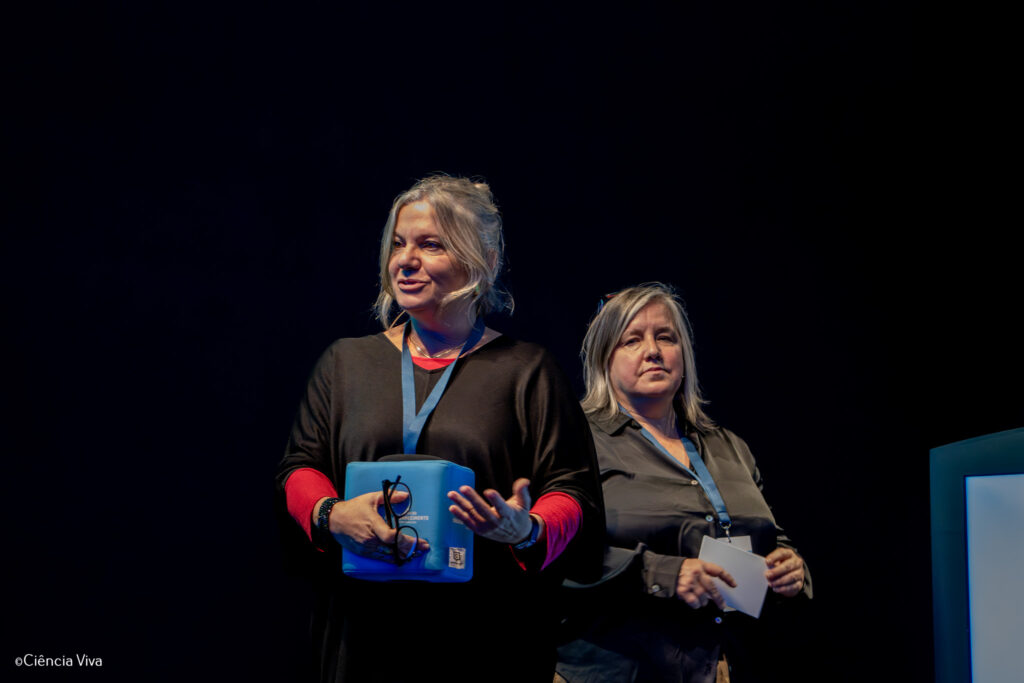
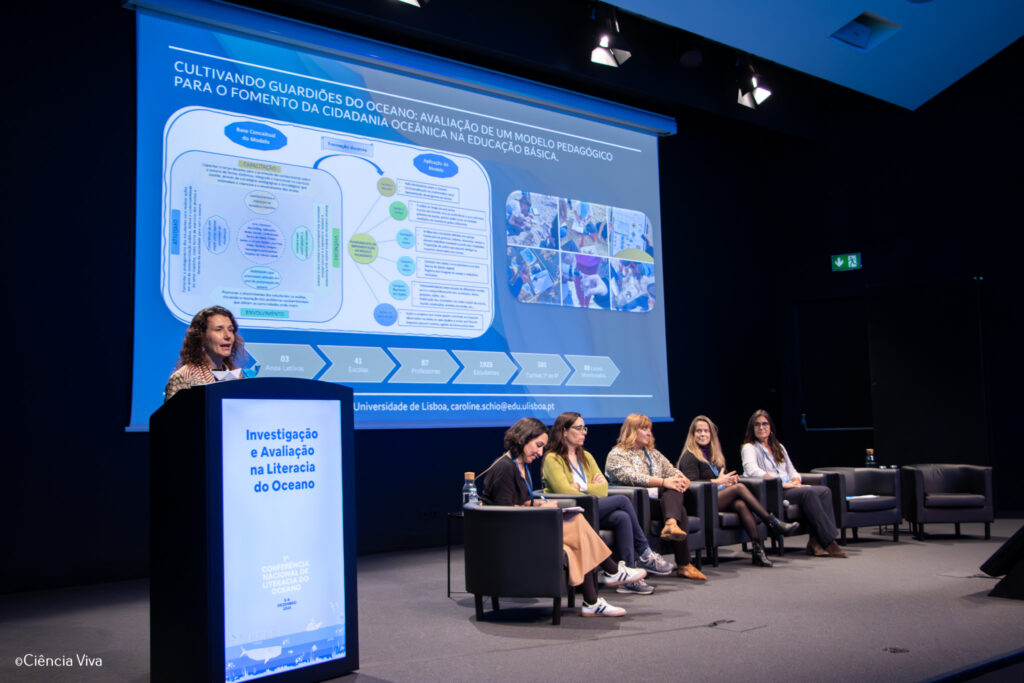
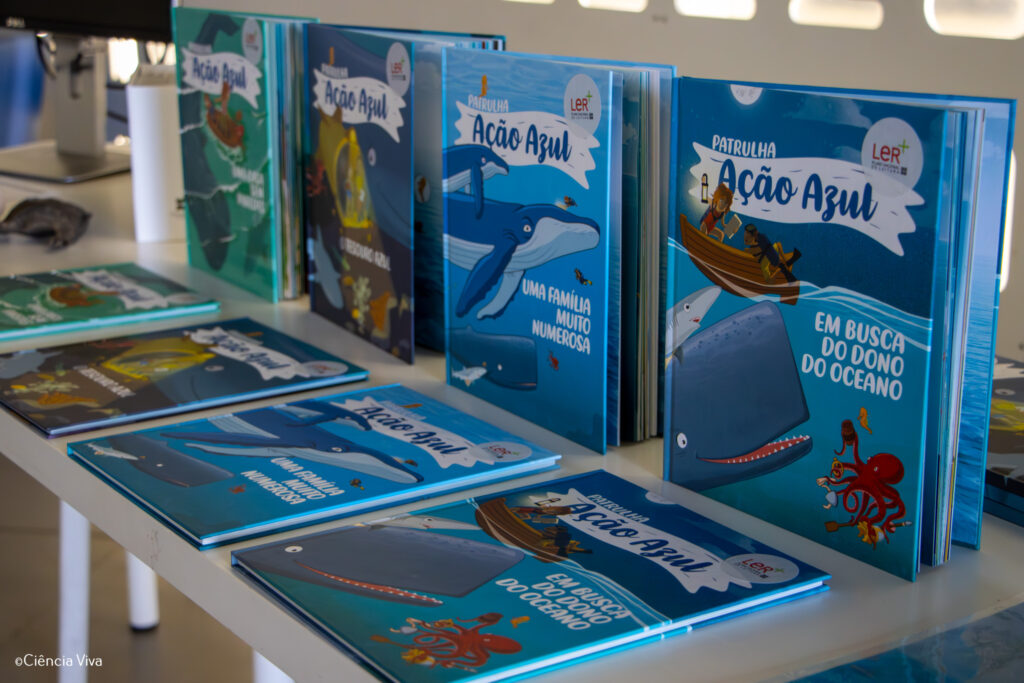
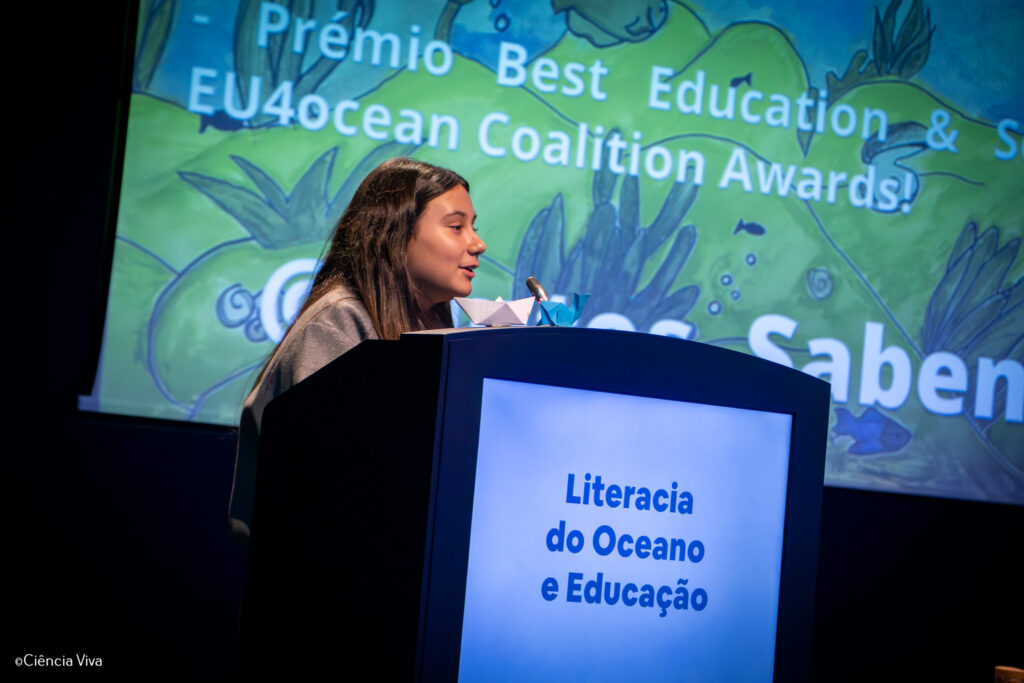
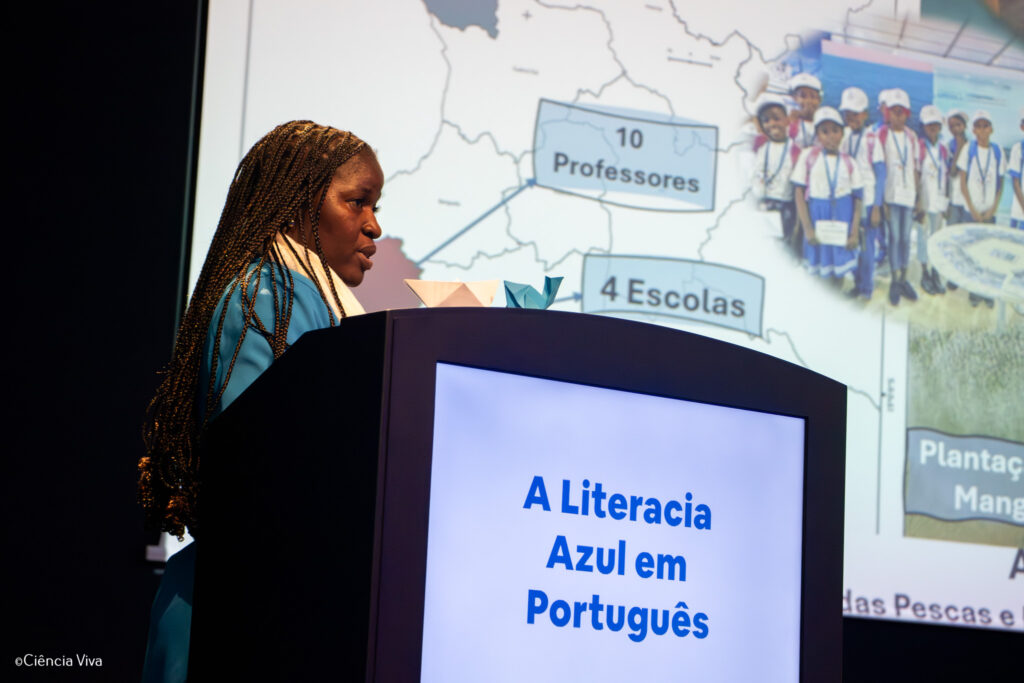
Want to learn more about our project and register?
Register or log in to the Blue Education Platform!

